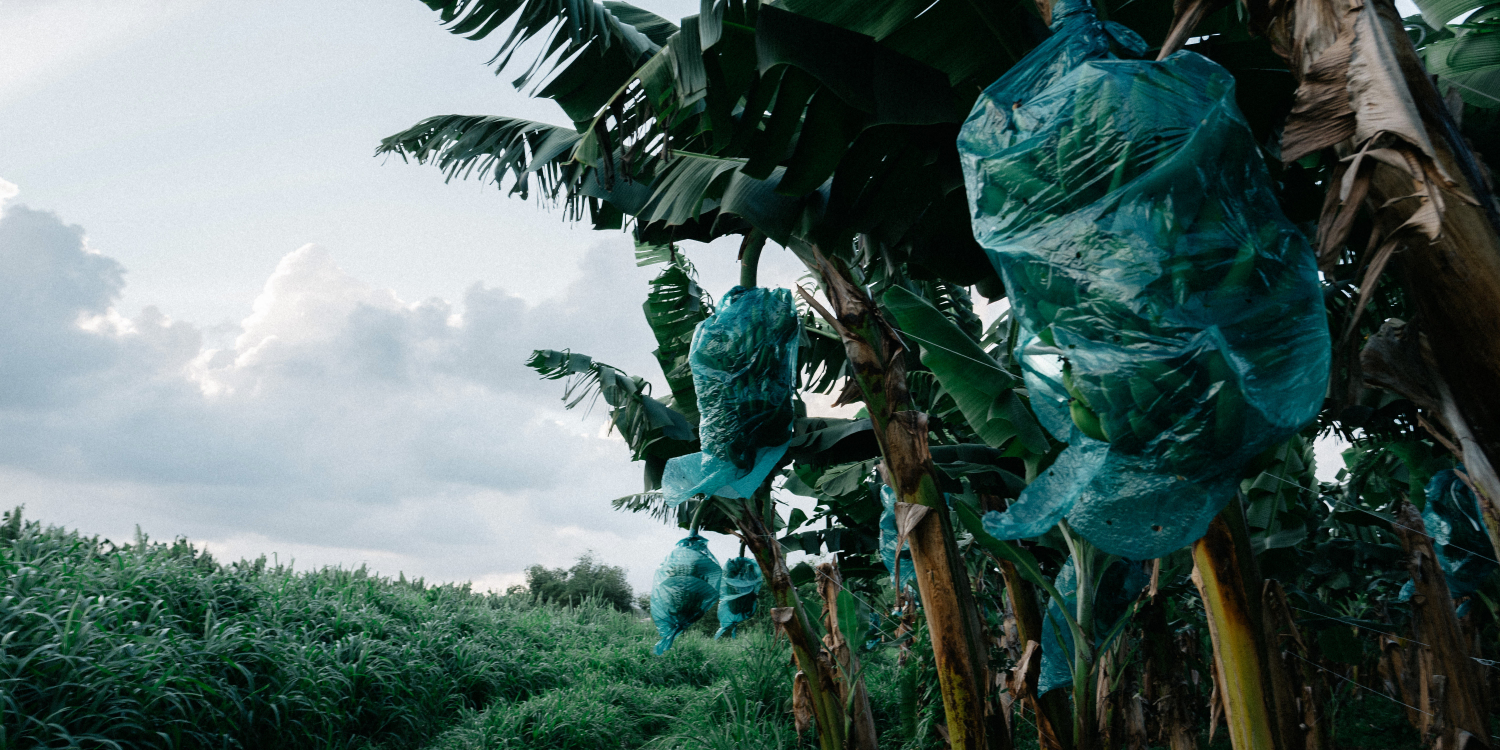Europe 1 with AFP 5:06 p.m., February 14, 2024
Meeting in committee, the deputies approved a bill recognizing the responsibility of the State in the health scandal of chlordecone, a pesticide used in the West Indies between the 1970s and 1990s. The text from Guadeloupean deputy Elie Califer will be studied at the end of February in The national assembly.
Despite the strong reservations of the Renaissance group, the deputies gave a first green light on Wednesday February 14 to a socialist bill to recognize the "responsibility" of the State in the "scandal" of the chlordecone pesticide in the Antilles. With strong symbolic significance, the text of the Guadeloupe deputy Elie Califer is expected in the hemicycle on February 29, during the day reserved for socialist proposals.
A “sanitary bomb”
Elie Califer wants to include in the law that the “French Republic recognizes its responsibility for the health, ecological and economic damage” caused by the use of chlordecone in Martinique and Guadeloupe. Its objective must be “the clearance of land” and “compensation for victims”.
>> READ ALSO -
Why fruits and vegetables grown in France are less loaded with pesticides than those imported
Chlordecone is a “health bomb”. “The children who are the future of our country are contaminated for generations,” said the MP. In its wake, several elected officials denounced the ravages of this pesticide used in banana plantations and which, three decades after the end of its use in the French West Indies, continues to pollute the soil and water there.
A proposal criticized by Macronist deputies
The text was supported by a coalition of oppositions. Without contesting the extent of the damage, the Renaissance group criticized a "standard", simply "symbolic" proposed law: "the responsibility of the State cannot be decreed by law, it is established by court decision, but we are not judges,” first said Macronist MP Charlotte Parmentier-Lecocq.
The Renaissance group then suggested rewriting the text by proposing recognition of "the share of responsibility" of the Republic "in the extent of the damage", then withdrew its amendment while awaiting the debate in the hemicycle. Without opposing it, the MoDem found the proposed socialist law simply “declaratory”.
Chlordecone, a pesticide used in banana plantations to combat the weevil, was banned in the United States in 1975, but authorized in France from 1972 to 1990, and even until 1993 in the Antilles, where it benefited from an exemption. . If they recognized a "health scandal", investigating judges from the health center of the Paris judicial court pronounced a dismissal in early 2023 in the investigation into the poisoning of the West Indies with chlordecone, putting an end to information judicial procedure opened in 2008. Outraged, the civil parties announced they would appeal.

